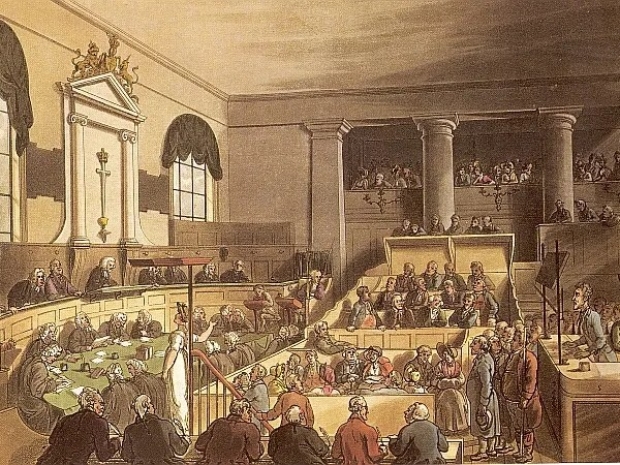Consumer watchdog Which? is dragging the US chipmaker into the dock, arguing that about 29 million people who bought iPhones or Samsung devices since 2015 deserve compensation. The claim says Qualcomm’s notorious “no licence, no chips” policy amounts to a private tax on the entire smartphone industry.
Lawyers for Which? allege that Qualcomm forced Apple and Samsung to pay inflated royalties even when their devices didn’t use Qualcomm chips. In court filings ahead of the five-week trial, they wrote that this system “operates as an industry-wide private tax which ensures higher profits for Qualcomm and inflates the cost of devices.”
Qualcomm’s legal team insists the case misrepresents how it handles its intellectual property. The company maintains that it merely requires phone makers to get a licence for its standard essential patents before buying its chipsets, a long-standing industry practice.
The firm also rejected the idea that it could strong-arm Apple and Samsung, arguing that the pair “can and do exert enormous buyer power.”
The case before London’s Competition Appeal Tribunal will first decide whether Qualcomm is liable to the class of claimants. If Which? wins, a second trial will decide how much the company has to cough up.
Across the pond, Qualcomm already dodged a similar consumer lawsuit in California in 2023. That case challenged its cosy patent licensing and chip supply deals with Apple and other manufacturers but was eventually tossed out.
Still, this British showdown could prove trickier for Qualcomm. UK competition law has been increasingly assertive, and the tribunal has shown itself willing to take on the sort of market dominance antics that Big Tech shrugs off.
If Which? succeeds, it could open the door for more collective actions targeting tech giants that treat consumers as collateral damage in their licensing wars.

